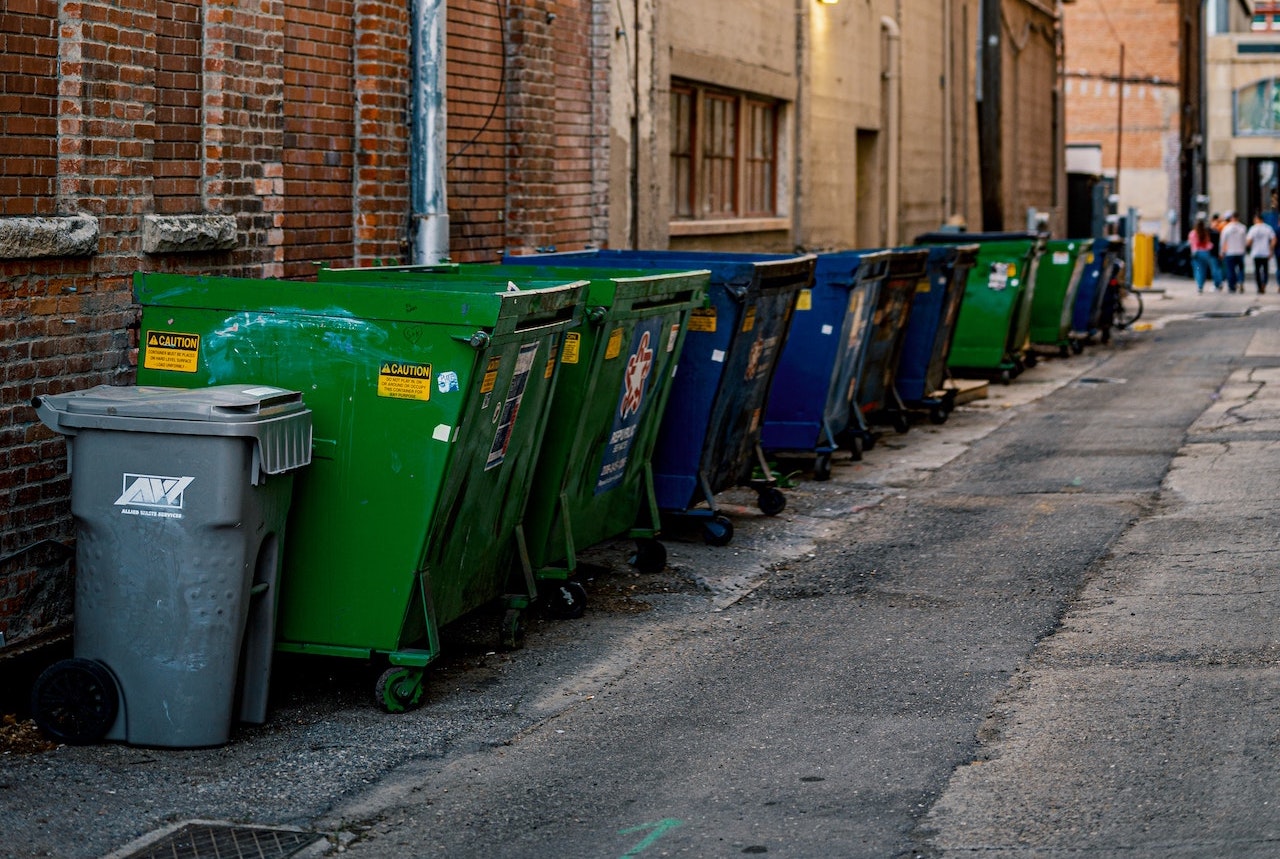Waste Minimisation In Business
Waste minimisation in business refers to the strategies and practices adopted by organisations to reduce the amount of waste generated during their daily operations.
By focusing on waste reduction, businesses can not only protect the environment but also achieve significant cost savings, reduced operational costs, and enhanced environmental responsibility.
Benefits Of Waste Minimisation For Businesses
- Cost savings: By reducing the amount of waste generated, businesses can save on waste disposal fees and related expenses. Additionally, waste minimisation can lead to more efficient use of raw materials, resulting in lower purchasing costs.
- Environmental protection: Waste minimisation plays a crucial role in protecting the environment by decreasing waste generation, which in turn helps reduce the environmental impact of landfill sites and pollution.
- Improved corporate image: Companies that embrace waste minimisation demonstrate a commitment to environmental responsibility, which can positively influence their reputation among customers, stakeholders, and the general public.
- Compliance with regulations: By implementing waste minimisation practices, businesses can ensure compliance with environmental protection laws and avoid potential penalties or legal action.
Waste Minimisation Strategies For Businesses
- Reduce waste: Businesses should focus on reducing the amount of waste generated during production, operations, and packaging. This can be achieved through process improvements, product redesign, and efficient use of raw materials.
- Reuse and recycle: Businesses can implement commercial recycling programs and encourage the reuse of materials to further reduce waste. For instance, businesses can provide recycling bins for paper, plastic, and other materials, or use home composting for food waste.
- Waste management partnerships: Collaborating with waste management companies can help businesses develop tailored waste minimisation strategies and ensure responsible waste disposal.
- Employee training and awareness: Educating employees about waste minimisation and environmental responsibility can foster a culture of sustainability within the organisation.
- Monitoring and reporting: Regularly measuring and reporting the amount of waste generated can help businesses identify areas for improvement and track the progress of their waste minimisation efforts.
Start Waste Minimisation In Your Business
Waste minimisation is an essential aspect of modern business operations. By adopting effective waste reduction strategies, businesses can achieve cost savings, enhance their environmental responsibility, and protect the environment for future generations.
Bailey’s Skip Hire & Recycling is committed to helping businesses develop and implement successful waste minimisation practices. Contact our team of experts today to learn how we can assist your business in recycling your waste on a regular or ad-hoc basis.




